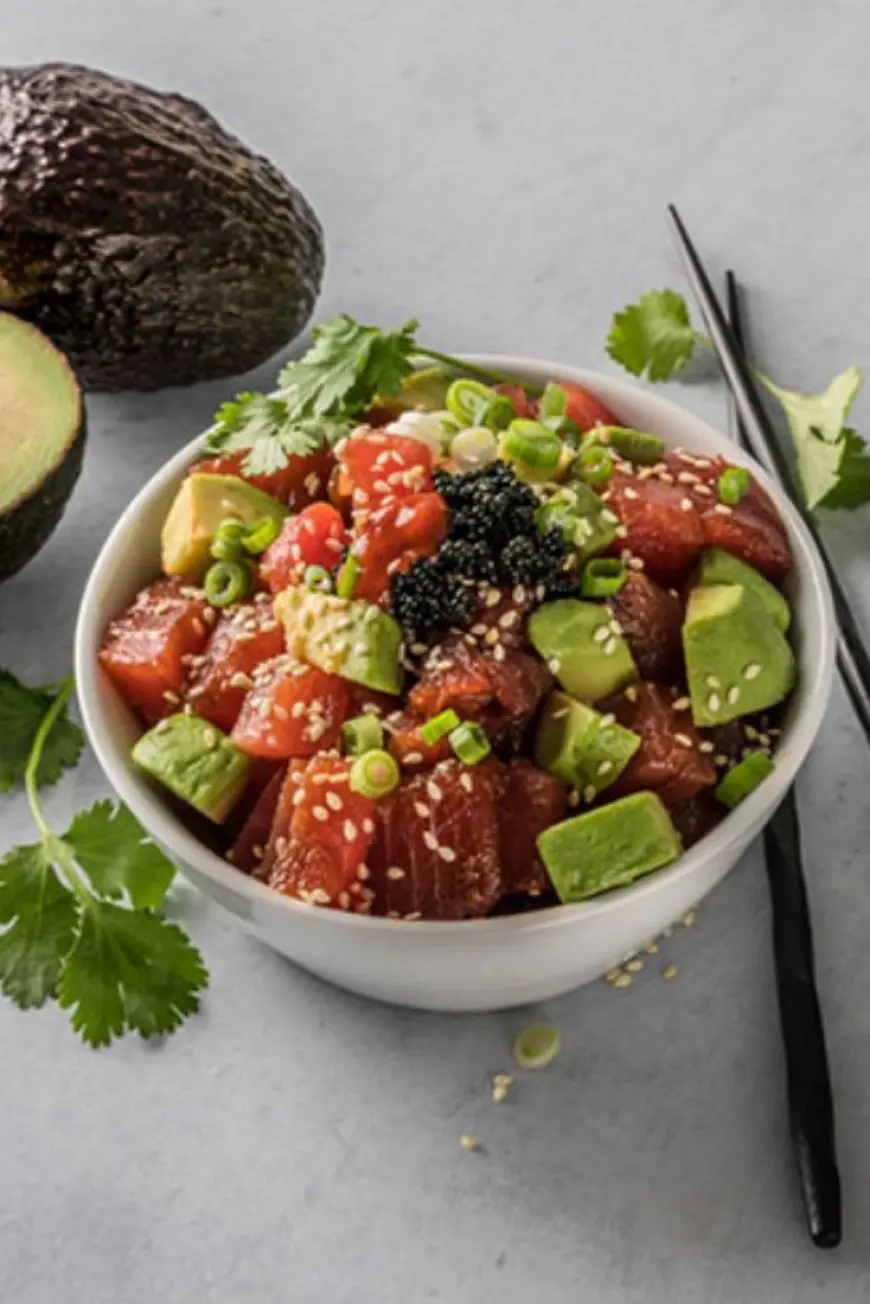The Basics of a Paleo Diet and Its Benefits
The Basics of a Paleo Diet and Its Benefits

The Basics of a Paleo Diet and Its Benefits
The Paleo diet, often referred to as the "caveman diet," is based on the principle of eating foods that were available to our ancient ancestors during the Paleolithic era. This dietary approach emphasizes whole, unprocessed foods while excluding modern processed products. Proponents of the Paleo diet believe that it aligns with our genetic makeup, promoting better health, improved digestion, and enhanced energy levels.
1. What is the Paleo Diet?
The Paleo diet focuses on consuming foods that humans would have eaten thousands of years ago, before the advent of agriculture and industrial food processing. This means prioritizing:
- Fruits and Vegetables: Fresh, seasonal produce for vitamins, minerals, and fiber.
- Lean Proteins: Grass-fed meats, free-range poultry, and wild-caught fish.
- Nuts and Seeds: Sources of healthy fats, protein, and fiber.
- Healthy Fats: Avocados, olive oil, and coconut oil.
Foods that are excluded in the Paleo diet include:
- Grains (wheat, rice, oats).
- Legumes (beans, lentils, peanuts).
- Dairy products.
- Refined sugar and artificial sweeteners.
- Processed foods and oils.
2. Benefits of the Paleo Diet
-
Improved Digestion
- Eliminating processed foods, grains, and dairy can alleviate bloating, gas, and other digestive issues.
-
Better Blood Sugar Regulation
- The Paleo diet emphasizes whole foods with a low glycemic index, helping to stabilize blood sugar levels and reduce the risk of type 2 diabetes.
-
Weight Management
- The high protein and fiber content keeps you feeling full longer, reducing overeating and supporting healthy weight loss or maintenance.
-
Reduced Inflammation
- By avoiding processed foods and refined sugar, the Paleo diet can help lower inflammation, which is linked to chronic diseases like heart disease and arthritis.
-
Increased Energy Levels
- The elimination of refined carbs prevents energy crashes, while nutrient-dense foods provide sustained energy.
-
Better Heart Health
- Healthy fats, omega-3-rich fish, and the absence of trans fats contribute to improved cholesterol levels and heart health.
-
Enhanced Mental Clarity
- A diet rich in antioxidants, vitamins, and healthy fats supports brain health, improving focus and reducing brain fog.
3. Practical Tips for Following the Paleo Diet
-
Plan Your Meals
- Start by creating a weekly menu with Paleo-friendly recipes. This ensures you always have suitable meals ready.
-
Stock Your Pantry
- Keep Paleo staples like nuts, seeds, coconut oil, and almond flour on hand.
-
Experiment with Substitutions
- Use cauliflower rice instead of regular rice or almond milk instead of dairy milk.
-
Read Labels Carefully
- Many store-bought products may appear healthy but contain hidden sugars or additives.
-
Stay Hydrated
- Drink plenty of water to support digestion and overall health.
4. Common Misconceptions About the Paleo Diet
-
It’s Too Restrictive
- While the diet excludes certain food groups, it encourages a variety of nutrient-dense options. Many people find it enjoyable and satisfying once they adapt.
-
It’s Expensive
- While some Paleo-friendly foods like grass-fed meats can be pricey, buying in bulk and focusing on seasonal produce can help keep costs down.
-
It’s High in Fat
- The Paleo diet focuses on healthy fats, which are essential for energy and overall health, rather than harmful trans fats.
5. Is the Paleo Diet Right for You?
The Paleo diet may not be suitable for everyone. While many people thrive on this approach, it’s important to consider your unique nutritional needs and consult with a healthcare professional before making significant dietary changes. If you have specific health conditions, such as kidney issues or a history of restrictive eating, the Paleo diet may need adjustments to suit your requirements.
The Paleo diet offers a holistic approach to eating that prioritizes natural, nutrient-dense foods while avoiding processed and inflammatory options. It can lead to numerous health benefits, from better digestion and improved energy to enhanced weight management and reduced inflammation. Whether you’re looking to revitalize your diet or address specific health concerns, the Paleo approach provides a flexible framework for clean and mindful eating.







